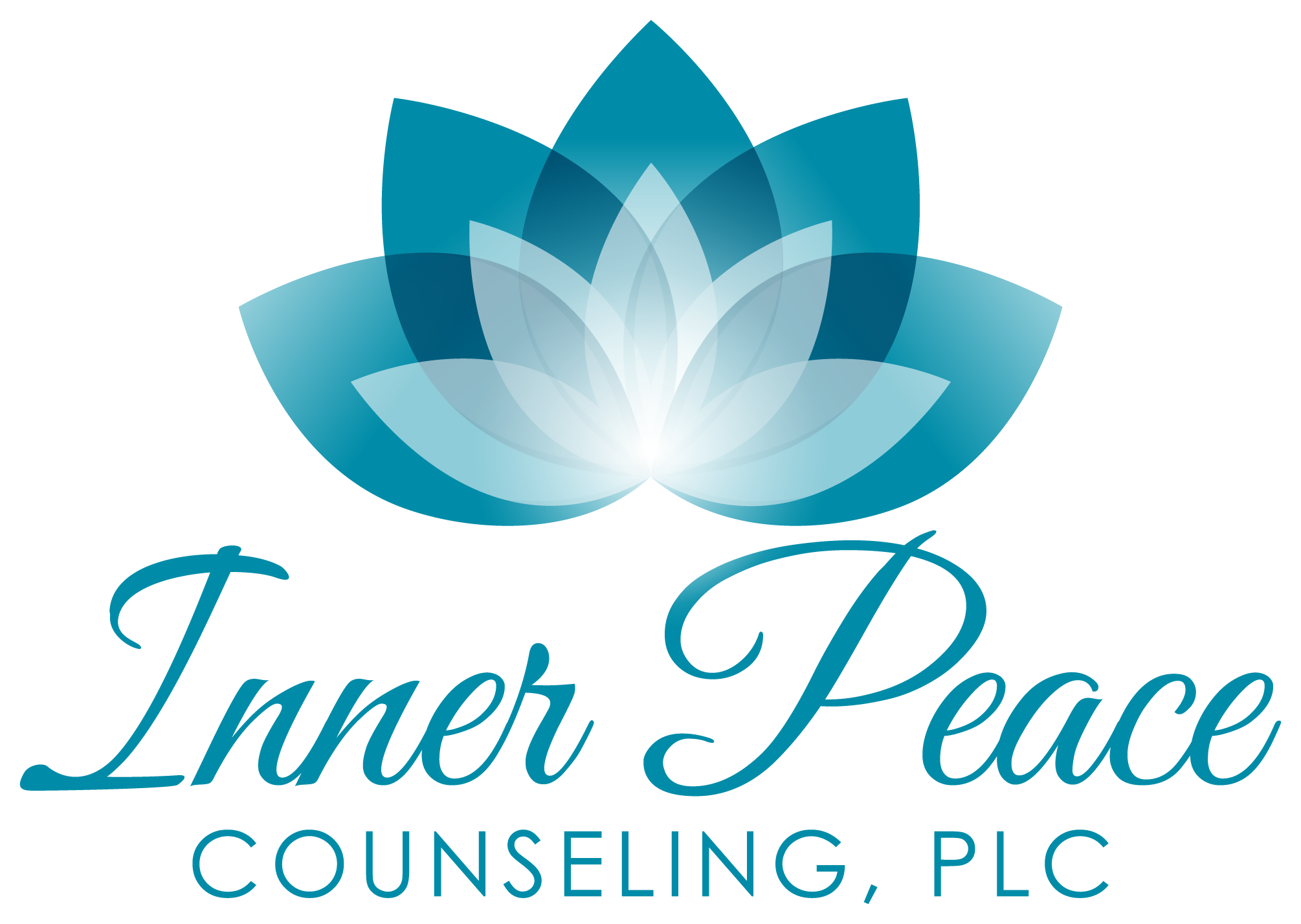Why Won’t My Husband Stop Drinking?!: Explaining Addiction

By: Ashley Carter Youngblood
Categories:
Why Won’t My Husband Stop Drinking?!: Explaining Addiction
I recently wrote a blog titled “Addiction Treatment: Why It’s More than Just ‘Will Power’”. The fact that hundreds of people interacted with the material tells me that people are eager to understand the disease of addiction. So, given that I specialize in treating addiction, I wanted to offer more information about addiction and how to help those who just aren’t sure if they are ready.
An essential feature of addiction is that recovery happens in stages of “readiness”. Experts call this the “Transtheoretical Model of Change”. This means is that at certain times loved ones may admit they have a problem and need to get help, while in other moments they may deny they have a problem at all. Interestingly, the “stages of change” for addiction apply to all attempts at change, whether it’s starting an exercise program, going back to school, or attending that book club. So, hopefully this framework helps you better understand why even you may not identify the need for change and immediately blaze a trail to permanent success.
Here are the “Stages of Change” for addiction:
Precontemplation – This is the initial stage where those addicted do not believe they have a problem and do not want to move toward recovery. Often this stage takes the shape of those who are addicted getting angry at others for even suggesting that they may have a problem.
Contemplation – This is the classic “seesaw” of addiction. At this stage, those addicted may, at times, be able to clearly describe the negative affects of their addiction and express interest in getting help. But, in the next moment, they may argue that their problem isn’t really a problem at all and that they can quit whenever they want to. They just haven’t “really” tried yet.
Preparation – Congratulations! This is the location where those dealing with addiction usually either are in treatment or have begun the process of seeking help (e.g. calling a treatment program to gather information). This is a critical stage in recovery because the person who is addicted is acknowledging that change needs to happen, even if it is largely because of negative consequences or the pushing of loved ones.
Action – At this stage, concrete steps are being taken to address addictive thinking and behaviors. If the person working to recover from addiction is making changes, they may look clumsy or confusing. But, the important thing is that they are making changes. Although taking action doesn’t mean that the addictive thinking and behaviors magically go away, this is a critical step toward recovery because the person who is addicted is learning, through both success and failure, what they need to do to be successful.
Maintenance – This is where you can breathe a little bit. In this stage, active efforts at recovery are being continuously made. Success has been experienced. There is typically less overwhelming fear about the possibility of a relapse, although a relapse is always possible. The Maintenance stage of change often includes years of successful recovery. The key is simply finding ways to maintain such success.
Relapse – For those who have been in recovery and for the loved ones who have supported someone in recovery, this is the most painful stage. In addiction to the importance of knowing that addiction is a disease, it is also important to recognize that addiction is a chronic, relapsing disease. This means that one cannot be “in recovery” but not actively work to stay in recovery. And, no matter how many years of success someone in recovery has had, the pathways in the brain that have been created by the repetitive behaviors of addiction make it easier to relapse than to be successful.
This leaves us with the reality that addiction needs to be addressed with treatment. This may be Alcoholics Anonymous, a small group at your local house of worship, or working with a therapist who specializes in addiction. The formula for success looks different for each person. But, taking advantage of being in a stage of change where the person is motivated for treatment is a key to managing this chronic, relapsing disease. So, reach out. Get help for yourself or someone you know. You are not alone and recovery is possible!
** Because there is so much more important information to know about addiction that cannot be done in a short blog, I encourage you to visit the “Resources” page of my website. There you can find several resources to better understand and treat addiction: https://kalamazoo-counseling.com/resources/. Among the favorites are the HBO Series on Addiction and the Research-Based Documentary “Pleasure Unwoven”.
~Ashley Carter Youngblood, LMSW, LMFT, CADC, ADS
 Ashley Carter Youngblood is both a Fully-licensed Clinical Social Worker and Marriage and Family Therapist who has been in the field since 2007. She offers counseling in Kalamazoo, Portage, Mattawan, Battle Creek, Paw Paw, and the surrounding areas of Southwest Michigan. She is passionate about her work with clients, whether it’s providing individual counseling, couples counseling, family therapy, or life coaching. Her specialties include holistic healing/mindfulness, counseling for women, anxiety, couples counseling, and addictions/substance abuse.
Ashley Carter Youngblood is both a Fully-licensed Clinical Social Worker and Marriage and Family Therapist who has been in the field since 2007. She offers counseling in Kalamazoo, Portage, Mattawan, Battle Creek, Paw Paw, and the surrounding areas of Southwest Michigan. She is passionate about her work with clients, whether it’s providing individual counseling, couples counseling, family therapy, or life coaching. Her specialties include holistic healing/mindfulness, counseling for women, anxiety, couples counseling, and addictions/substance abuse.
I welcome you to contact me or leave any questions or feedback you have about this post. Please keep in mind that the above information is the opinion of an individual, should not be considered medical advice, and is for entertainment/educational purposes only. I write these blogs as an expression of my passion for wellness and with the hope to be able to help as many people as possible. Therefore, I would encourage anyone seeking mental health advice to contact a therapist in your area who can better evaluate your situation and provide you with case-specific information for treatment. Also remember, if you are experiencing an emergency, contact 911 or present yourself to your nearest emergency room.
Thanks for reading.
